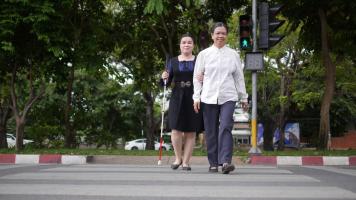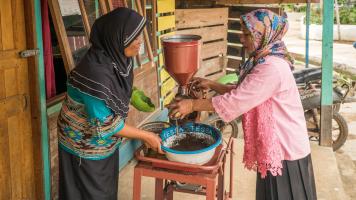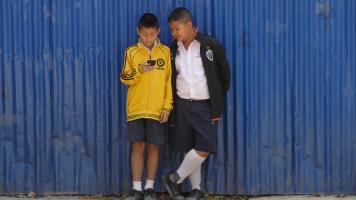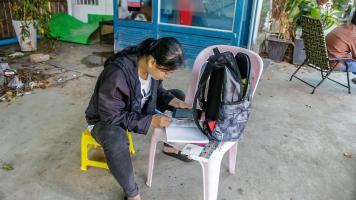Giulia Ajmone Marsan

Head of Startups and Digital Inclusion
Economic Research Institute for ASEAN and East Asia (ERIA)
Giulia Ajmone Marsan is an innovation, technology, and entrepreneurship strategist, with over 15 years of experience in economic policy analysis and advice, capacity building, and economic diplomacy. She has advised a broad range of government officials, international organizations, and other stakeholders across Asia, Latin America, and Africa, as well as member countries of the Organisation for Economic Co-operation and Development. She co-chaired the Inclusion Task Force of Startup20 under G20 India and was a member of the ESG Task Force of Startup20 under G20 Brazil. She is one of the authors of the ASEAN+3 report: Bolstering Deep-Tech Entrepreneurship for Sustainable Development in the ASEAN+3 Countries.







